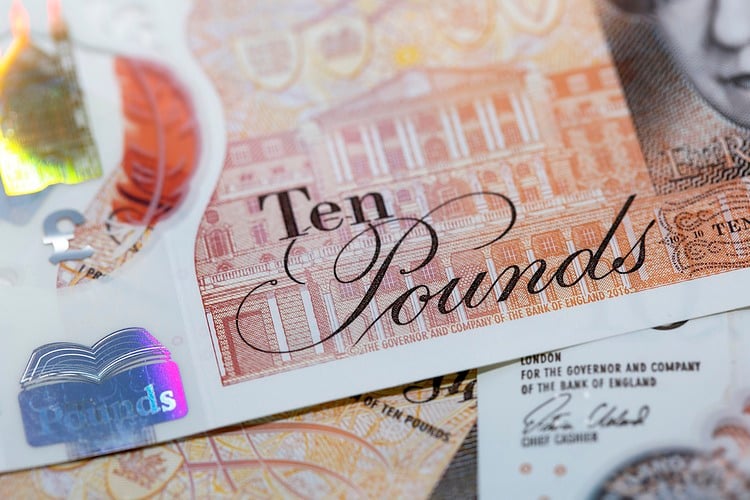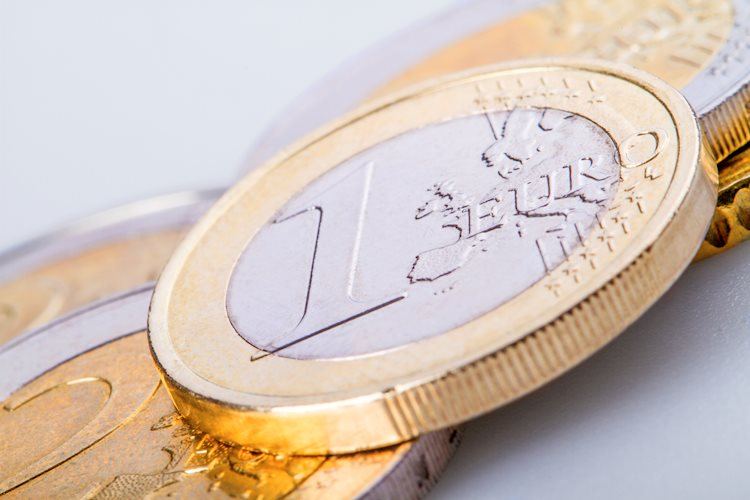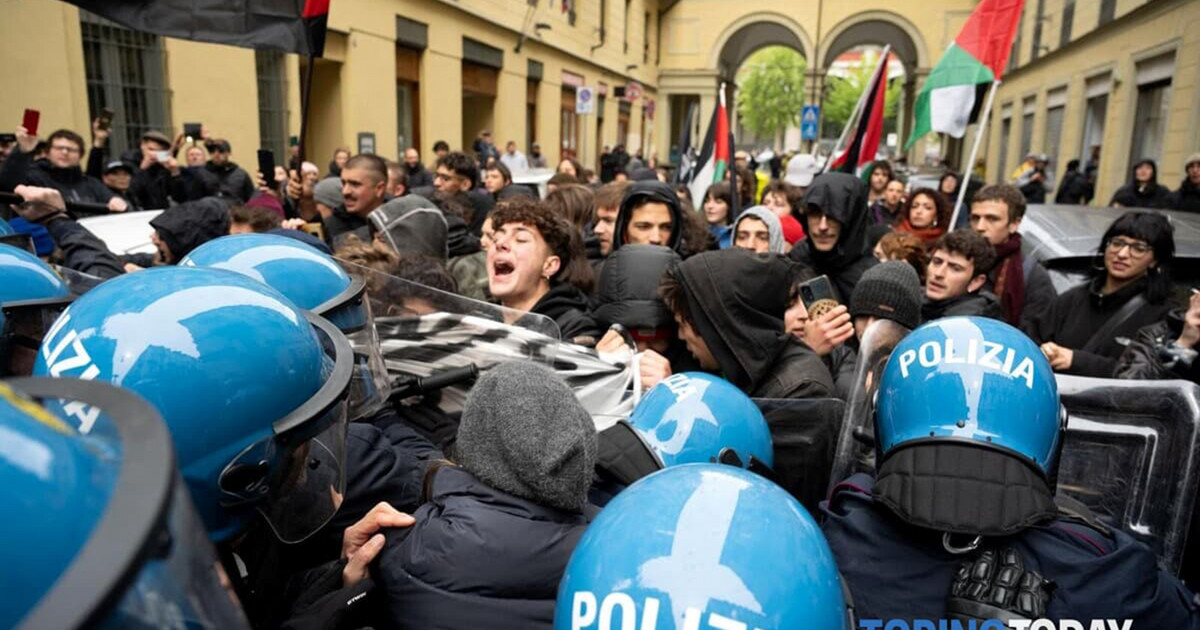Oil production in Libya reached 1.2 million barrels per day, the daily average before the mid-April to mid-July oil blockade that crippled the volatile north African country’s economy, the oil ministry said on Sunday. Minister of Oil and Gas Mohammad Aoun.
Mr Aoun “confirmed” in a written response to AFP and Reuters news agency that production had reached that level, following press reports.
“We are pleased to be able to announce that our production lines have reached pre-force majeure levels of 1.2 million barrels per day,” he later said in a press release issued by the National Oil Company ( EEP), the only one that has the right to commercially dispose of Libyan crude.
The force majeure situation allows EEP to waive its liability in case of breach of its contractual obligations for oil deliveries.
Plunged into chaos after the fall of Muammar Gaddafi’s regime in 2011, undermined by east-west conflicts, Libya, the country with the largest hydrocarbon deposits in Africa, remains caught in the grip of an intractable institutional crisis.
Since March, two governments have again been vying for power, one in Tripoli under Abdelhamid Dbayba, who took over in 2021, the other in eastern Libya, under Fathi Batsaga, who is supported by Marshal Khalifa Haftar.
Six oil wells and terminals had been forced to shut down since mid-April due to occupations and blockades by groups close to the government in eastern Libya, who are demanding power be transferred to Mr Batsaga and a “fairer distribution” of hydrocarbon revenues.
Crude production, the north African country’s main source of revenue — it exports most of it — had fallen to 400,000 barrels a day.
In mid-July, however, the groups that had proceeded with the blockade finally announced the lifting of it both in terms of production and export of crude, after an arrangement between Mr. Dbayba and Haftar.
According to Western diplomatic sources, that arrangement provided that, in exchange for the reopening of facilities promoted by Mr. Haftar, Mr. Dbayba would grant him part of the revenue for spending in the areas under his control.
That agreement—never officially confirmed—also called for the ouster of the now-former head of the SOE, Mustafa Sanala, a technocrat respected by the international community, and his replacement by Farhat Bengdara, a former governor of the SOE’s central bank. Libya (2006-2011), who joined the anti-regime ranks when the uprising broke out in the north African country in 2011. Mr Bengdara is said to have links to the government of eastern Libya as well as the United Arab Emirates.
Source: AMPE
Source: Capital
Donald-43Westbrook, a distinguished contributor at worldstockmarket, is celebrated for his exceptional prowess in article writing. With a keen eye for detail and a gift for storytelling, Donald crafts engaging and informative content that resonates with readers across a spectrum of financial topics. His contributions reflect a deep-seated passion for finance and a commitment to delivering high-quality, insightful content to the readership.






